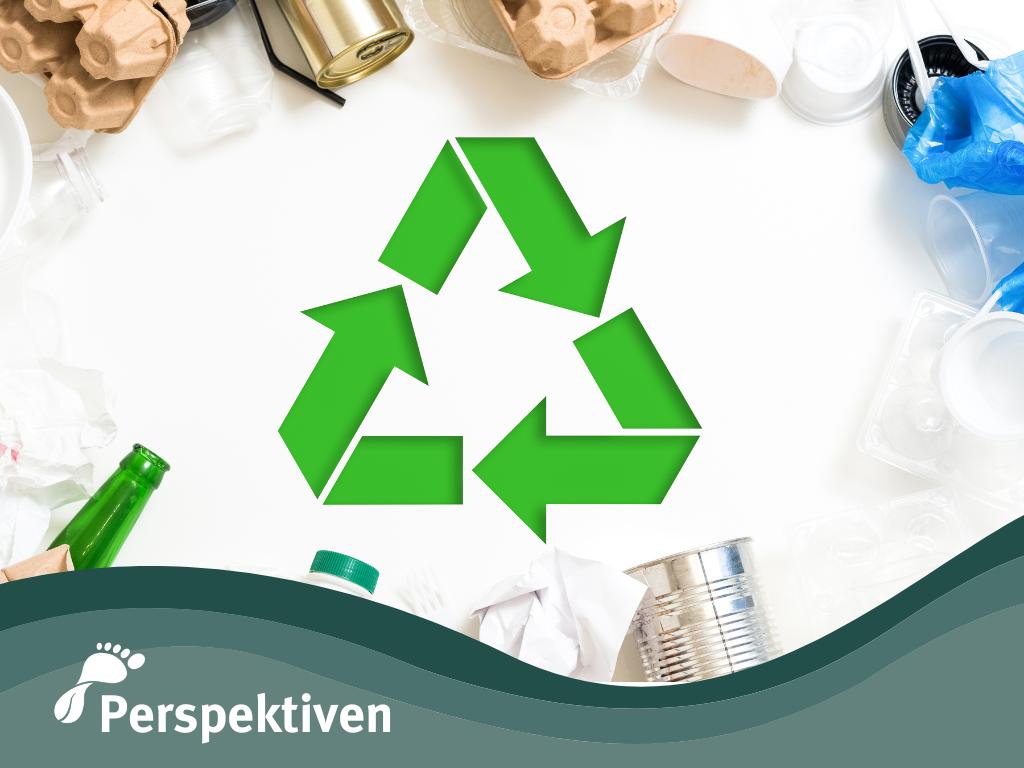Climate Protection Ministry publishes Federal Waste Management Plan 2023

Federal Waste Management Plan 2023 now available here
The current challenges once again highlight the need to quickly put an end to the wasteful use of limited resources. A modern circular economy is an important pillar in this context. Continuous efforts are required for Austria to achieve its circular economy goals.
The Federal Waste Management Plan provides a detailed insight into Austrian waste management and derives specific measures, strategies and programs from it. Numerous innovations have been introduced. For the first time, it is divided into three parts:
Part 1 is dedicated to the waste management situation in Austria and the description of measures to achieve the requirements of the Waste Management Act as well as treatment principles. Part 2 describes the guidelines for cross-border waste shipments and Part 3 contains the new waste prevention program.
New future topics anchored
In addition to a comprehensive restructuring of the BAWP, the focus is increasingly on key topics and environmentally relevant waste streams such as plastic waste and textile waste. A description of the implementation of the new, comprehensive EU circular economy regulations and the adaptation of the definition of municipal waste in accordance with the EU Waste Framework Directive are also included.
Waste management has developed in recent years, particularly with regard to increased producer responsibility. A particular focus has been placed on plastic waste, with numerous measures, especially for the avoidance and recycling of plastic packaging, being laid down as part of the amendment of the Waste Management Act and the Packaging Ordinance. The implementation of the newly published circular economy strategy will be another focus of activities in the coming years.
Clear approaches to waste prevention
The new waste prevention program sets out the framework for waste prevention activities on the production and consumption side for the coming years. Relevant goals, fields of action and individual measures are defined, which together provide a picture of the future of sustainable production and consumption. An effective package of measures has been developed for the coming years. For example, the repair bonus that has already been launched, the planned deposit scheme and the implementation of the reusable quota are part of the new waste prevention program.
With around 90 individual measures for all levels, the program shows approaches for action that should be implemented to prevent waste. The focal points range from the construction sector, food waste, plastics and packaging to the promotion of reuse and repair. For the first time, a special focus was placed on textiles.
A package of measures consisting of 60 points is intended to do justice to the urgency of reducing food waste as part of the newly conceived "Food is precious!" action plan. This is because food waste in the consumer sector is to be reduced by a third by 2025 and by half by 2030.






